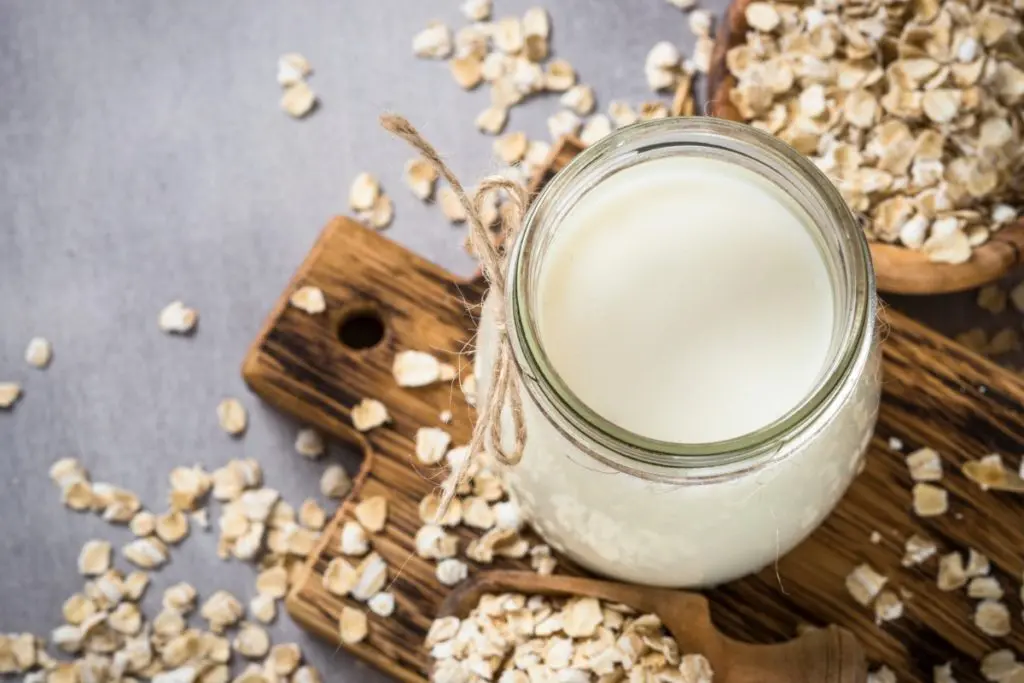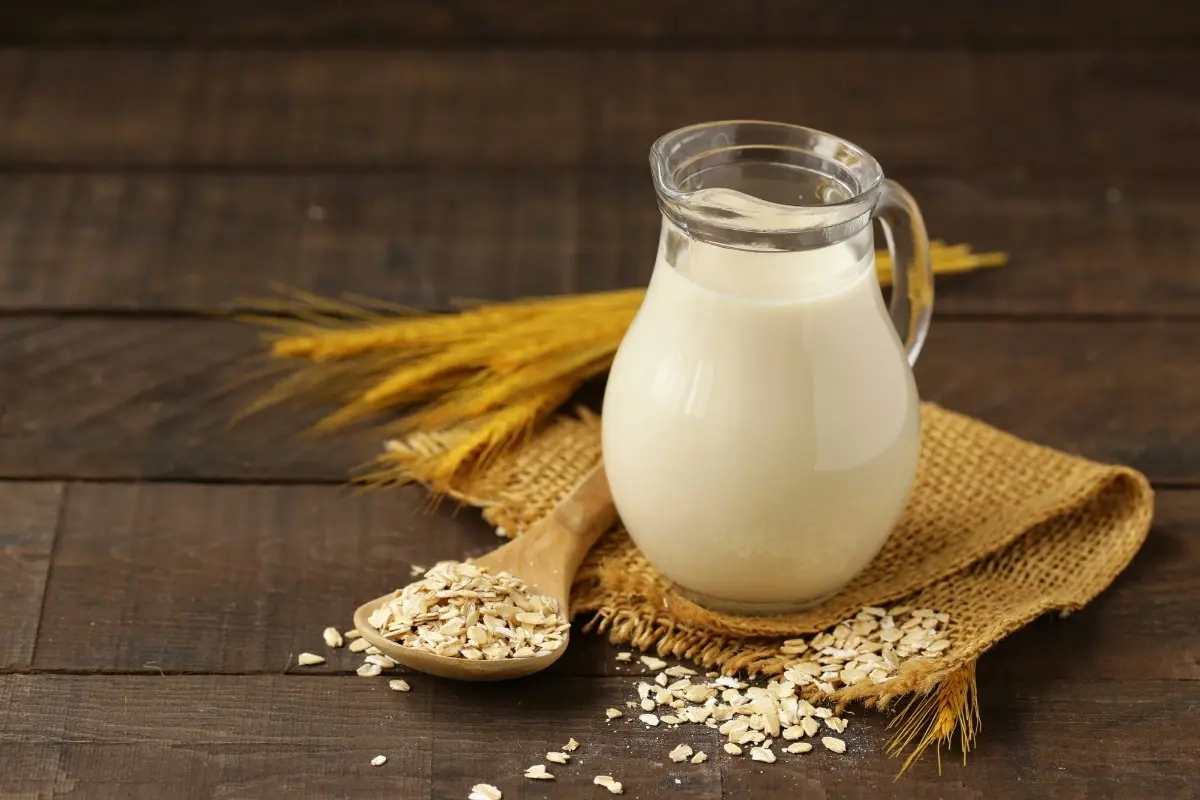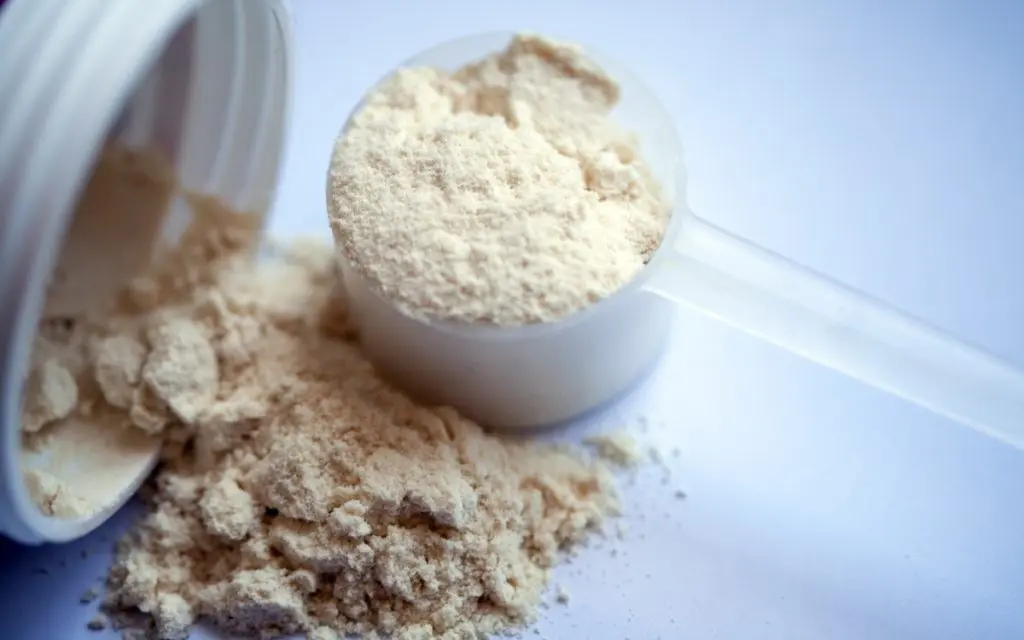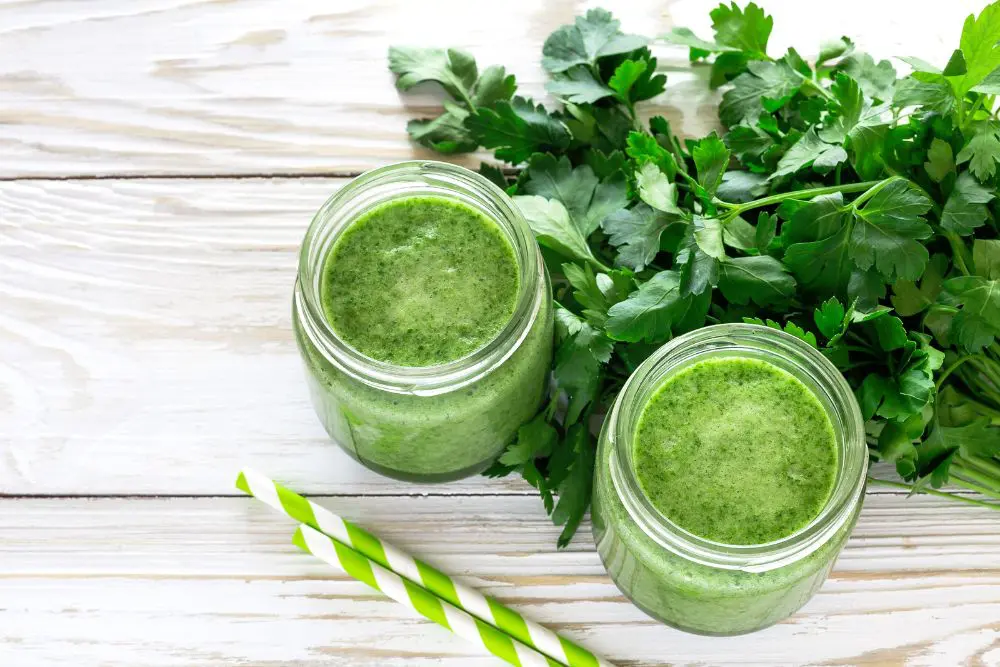Oat milk is a healthy alternative to regular dairy milk. It’s good for your body, good for the planet, and easy to make. There are many benefits of oat milk, one being how easy it is to make. Oat milk comes from straining the liquid out of oats- the same oats you might be eating for breakfast. It’s as easy as soaking the oats until soluble, then blending and draining the liquid from any remaining solids. The process is so simple that fans of the beverage have started making it on their own at home. Homemade and store-bought oat milk can last in the fridge from four days to two weeks.
It’s been gaining popularity in recent years and now is widely available in most grocery stores and on restaurant menus. All this attention might have you wondering if oat is genuinely healthy. What are the health benefits of oat milk? What are the oat milk disadvantages?
Are you considering oat milk? Our comprehensive overview of the pros and cons can help ensure you make an informed decision. Get all the facts now, so that whether it’s sipping in your coffee or topping off your cereal – you will know if oak milk is ideal for you and your needs.
Suggested further reading:
- Oat Milk vs. Almond Milk: Which is Healthier or Better for the Environment?
- 8 Best Oat Milk Brands: A Mix of Old and New Brands Making the Most of the Oat Milk Trend
- Oat Milk Facts: Everything You Need to Know About Oat Milk and FAQ
What Are the Health Benefits of Oat Milk?

Oat milk has more health benefits than what initially meets the eye. From sustainability to immunity, check out how oat milk could be the right choice for you.
1
Excellent Choice for a Vegan Diet
Finding vegan-friendly alternatives for dairy shouldn’t be a challenge. Oat milk is especially good for those who have intolerances to almond, soy, and coconut milks, but would still like to maintain a vegan diet. It’s vegan-friendly and complementary to most dietary restrictions.
With all that said, is oat milk gluten free? The answer is a complicated one. Oats themselves are free from gluten. However, most oat milk is processed where gluten has also been present, potentially contaminating the oat milk with minor traces of gluten. It’s best to read up on different oat milk brands to learn about their processing methods. For those interested in oat milk to enhance their vegan lifestyle, it’s a good contender.
2
Helps Boost Immunity
The large amount of vitamins and minerals in oat milk lend themselves to an increase in immunity. Vitamin A and D are particularly potent in oat milk. Both help the immune system ward off infection and improve overall resiliency. It also reduces the risk of Crohn’s disease and type 1 diabetes. Vitamin B can also be in oat milk. It’s known as a mood-boosting vitamin that comes with the added benefit of aiding in immunity.
3
Lowers Cholesterol
Cholesterol is something we all have in our bodies. It’s produced naturally in the liver and important for healthy cell function. However, eating too many products from animals can lead to high cholesterol, which increases the risk of heart attack and stroke. Oat milk is not only plant-based, containing no cholesterol, but it also has a soluble fiber called beta-glucans. When consumed, beta-glucans become a gel-like substance that helps lower cholesterol in your gut. Daily consumption of oat milk has been shown to lower cholesterol by three to five percent.
4
Tastes Amazing
Putting plant-based milk in other beverages in one thing, but drinking it plain is something else entirely. If you’re like the many who generally don’t enjoy the taste or consistency of milk, you might be in luck. Oat milk is notorious for its smooth and creamy texture, making it a delight to drink on its own. However, it’s important to keep in mind that while oat milk may taste much better than its plant-based competitors, it also contains more calories per serving. If this is important to you, keep it in mind when choosing and drinking oat milk.
5
Sustainable Option
There are few things better than a product that tastes great, is loaded with nutrients, and is good for the planet. Cows produce incredible amounts of methane that makes its way into the atmosphere and is toxic for the planet’s health. They also require large quantities of land, fertilizer, and water to raise. Oat milk is a greener alternative to regular cow’s milk. However, oat milk does not come without its impact on the environment. Oat milk requires more processing, thus more energy than its dairy alternative. Still, when comparing oat milk to cow’s milk, oat milk wins out as the more sustainable option.
Put almond milk and oat milk up against one another, and you might be surprised to learn that oat milk is the more sustainable choice. Almonds require a lot of water to grow, thus consuming more energy and diverting water away from rivers and streams to fields that are growing almonds. Oat milk needs significantly less water and is a kinder option for the planet.
6
Loaded With Essential Nutrients
You might be lacking some nutrients if you eat a plant-based diet, some of which can be in oat milk. Even those who eat meat, eggs, and dairy somewhat frequently are likely coming up short in B12, a vitamin found in most oat milks. Vitamin A and D are also plentiful. It also contains calcium, fiber, potassium, iron, and phosphorus. Compared to another plant-based alternative like almond milk, oat milk has more fiber and B vitamins that are crucial to our body’s overall healthy function.
What Are Oat Milk’s Disadvantages?

We know there are several benefits to choosing oat milk, but now look at some of the disadvantages of oat milk over alternative options. Oat milk disadvantages will largely depend on your unique dietary needs and preferences. Still, they are essential to keep in mind when determining if oat milk is right for you.
1
More Expensive
You might’ve noticed that oat milk is significantly more expensive than regular cow’s milk at the grocery store. Sometimes it’s almost double the cost of a gallon of whole milk. When comparing all plant-based kinds of milk, oat milk also usually falls on the more expensive end of the spectrum. It can be a lot of money to invest in something that can get used up quickly and is diluted with other ingredients.
2
More Calories
If cutting calories is a goal of yours, then oat milk might not be the best option. It usually contains 100-120 more calories per cup than other plant-based milks. While oat milk’s consistency and taste tend to stand out among other alternatives, it’s not known for being a low-calorie option.
3
Might Contain Canola Oil and Pesticides
Most oat milk contains pesticides. The USDA has found up to three different kinds of pesticide residue on oats that manufacturers use in oat milk. Secondly, you should read the ingredient list. Oat milk most likely contains canola or rapeseed oil, both known to contain GMOs and be highly processed.
Should You Choose Oat Milk?
For vegans, vegetarians, and those with specific food intolerances, oat milk provides a tasty and nutritious avenue to getting some much-needed vitamins and minerals. On the other hand, those on a keto diet, for example, would not be permitted to drink oat milk because grains are off-limits. It’s essential to match your dairy-free milk alternative to your diet and ensure you’re checking all the nutrient boxes.
Diet preferences aside, oat milk is simply delicious. It’s smooth and creamy, making it more desirable to drink straight versus other plant-based milks. People have been enjoying it as an ingredient in other beverages or solo. With its growing popularity, oat milk is made by multiple brands and in all kinds of flavors. Sweetened and unsweetened are good places to start. Oat milk comes in low fat, chocolate, and super-foam versions whose thick consistency helps baristas craft latte art.
All in all, oat milk has proven to have several health benefits that, depending on your current diet, could be hard to beat. From helping boost immunity to being great for the planet, oat milk is a healthy milk alternative.
Further Reading







Larry
Friday 18th of March 2022
Can refrigerated oat milk be frozen?ll